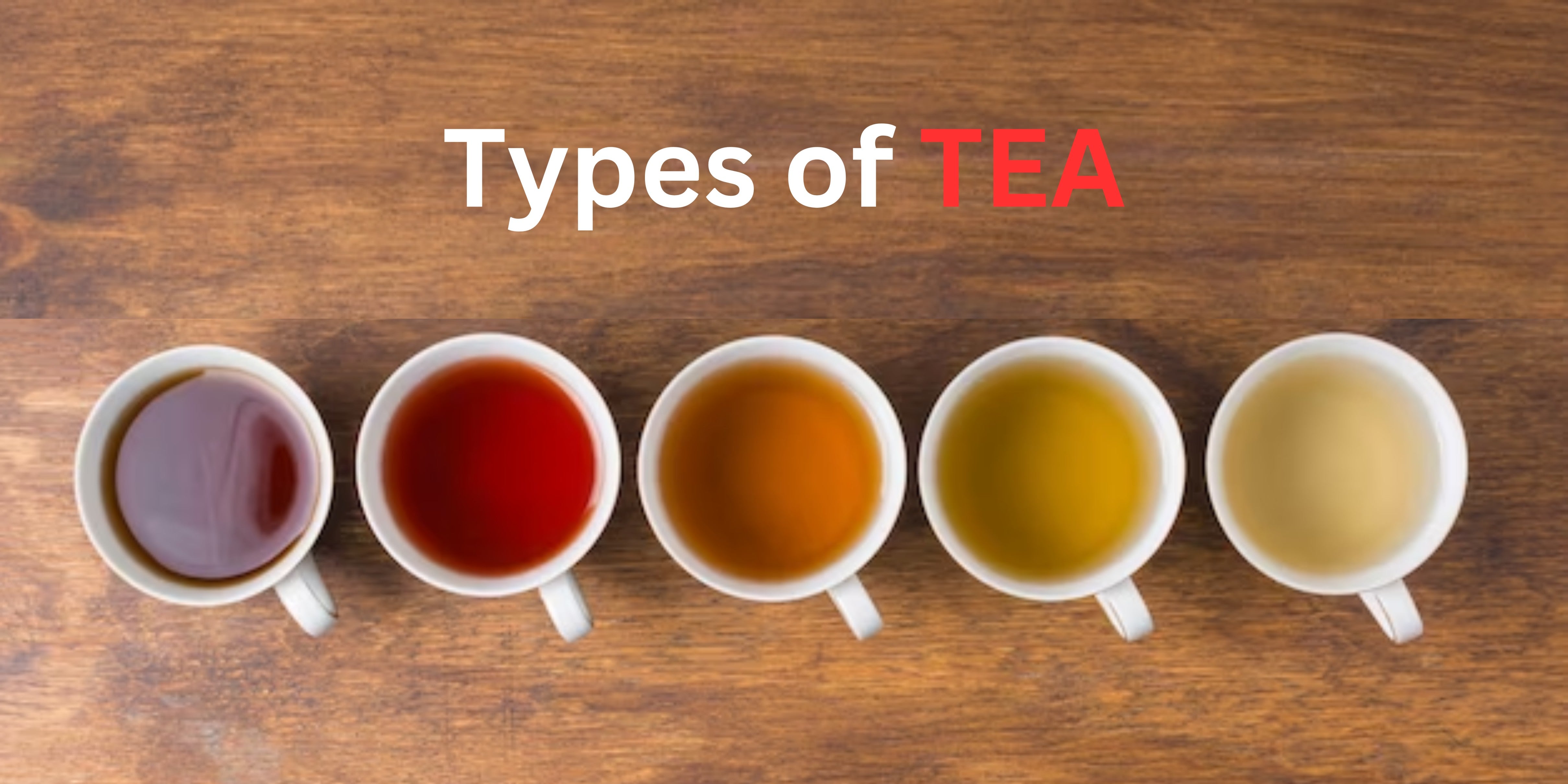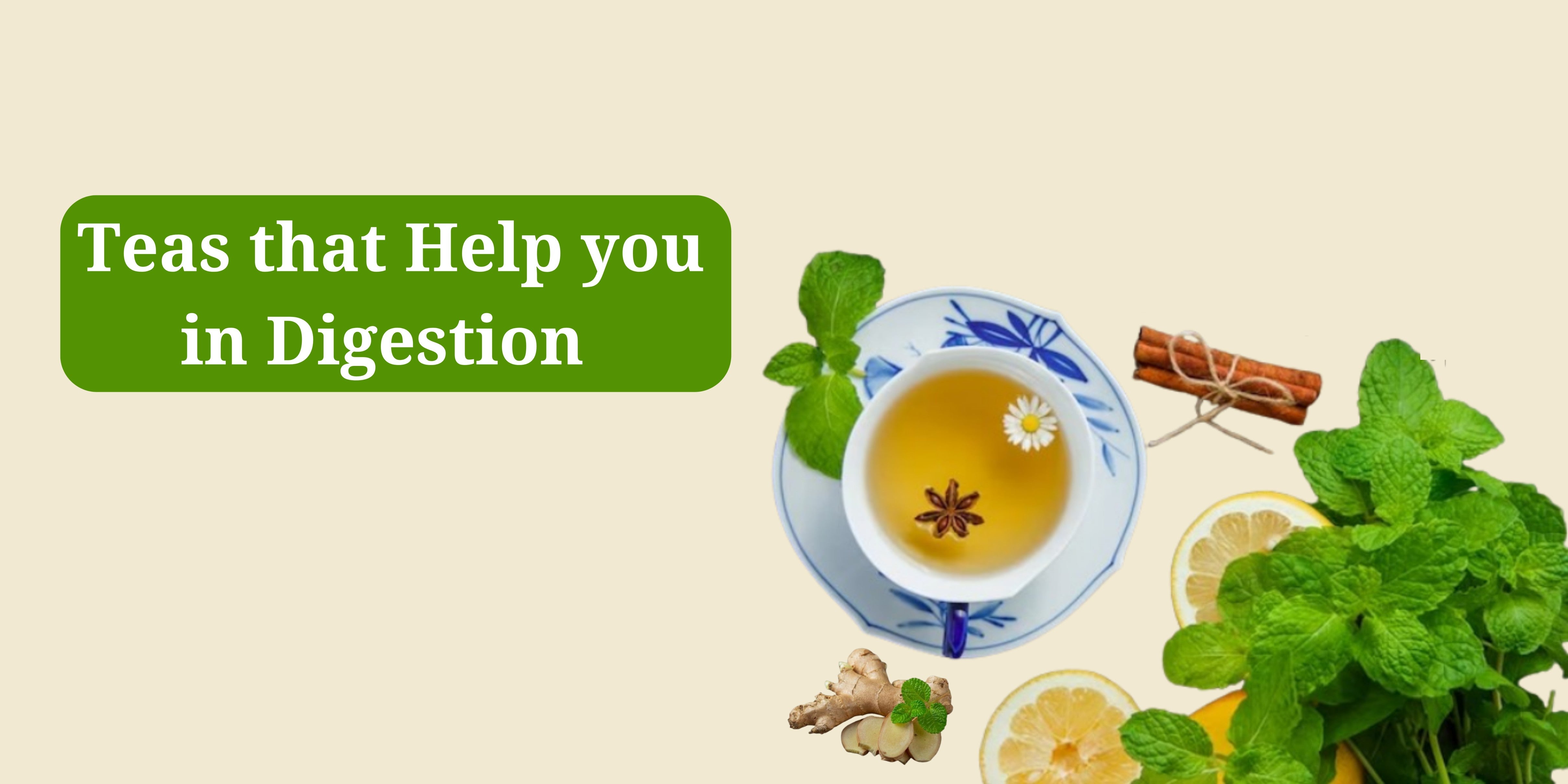Introduction:
Tea has been cherished for centuries across various cultures, celebrated for its diverse flavors and purported health benefits. From traditional black tea to herbal infusions, tea offers a delightful beverage experience. However, one common query among health-conscious individuals revolves around its calorie content. Does tea contain calories? Let's delve into this topic to uncover the truth behind the brew.
Understanding Tea:
Tea finds its roots in the leaves of the Camellia Sinensis plant, indigenous to East Asia. These leaves undergo various processing methods, leading to the creation of different types of tea such as black, green, white, and oolong. Each type boasts distinct flavors, aromas, and health properties.
In addition to traditional teas, there's a plethora of herbal teas crafted from herbs, flowers, spices, and fruits. These herbal infusions offer a caffeine-free alternative with a spectrum of flavors and potential health benefits.
Calorie Content of Tea:
The calorie content of tea primarily depends on its ingredients and preparation method. Pure, unsweetened tea, whether black, green, white, or herbal, is virtually calorie-free. This means that a cup of plain tea brewed from tea leaves or herbs contains negligible calories, typically less than 5 calories per serving.
However, the addition of sweeteners, milk, cream, or other flavorings can significantly alter the calorie content of tea. Sweetened teas, such as those found in bottled or packaged varieties, often contain added sugars, which contribute to the calorie count. Similarly, creamy teas like chai lattes or milk teas contain calories from milk or cream.
For individuals monitoring their calorie intake, opting for unsweetened and unadulterated tea varieties is the best choice. These provide the refreshing taste of tea without the added calories.
Health Benefits of Tea:
While the calorie content of tea may be minimal, its health benefits are abundant. Tea is rich in antioxidants, particularly catechins and flavonoids, which have been linked to various health advantages, including:
- Improved heart health: Antioxidants in tea may help reduce the risk of heart disease by lowering LDL cholesterol levels and improving blood vessel function.
- Enhanced metabolism: Some studies suggest that the caffeine and catechins in tea can boost metabolism, aiding in weight management.
- Anticancer properties: The polyphenols in tea possess anti-cancer properties, potentially inhibiting the growth of cancer cells and reducing the risk of certain cancers.
- Cognitive benefits: Tea consumption has been associated with a reduced risk of cognitive decline and may help improve focus and concentration.
Moreover, herbal teas often contain medicinal herbs known for their various health-promoting properties, such as calming effects, digestive support, or immune system enhancement.
Conclusion:
In conclusion, pure tea without any additives is a calorie-free beverage that offers a host of health benefits. Whether you prefer the robust flavor of black tea, the grassy notes of green tea, or the soothing blend of herbal infusions, tea can be enjoyed guilt-free as part of a balanced diet. By savoring tea in its natural form, you can relish its taste while reaping its nutritional rewards. So, brew yourself a cup of your favorite tea and indulge in its goodness, knowing that you're nourishing both body and soul.




